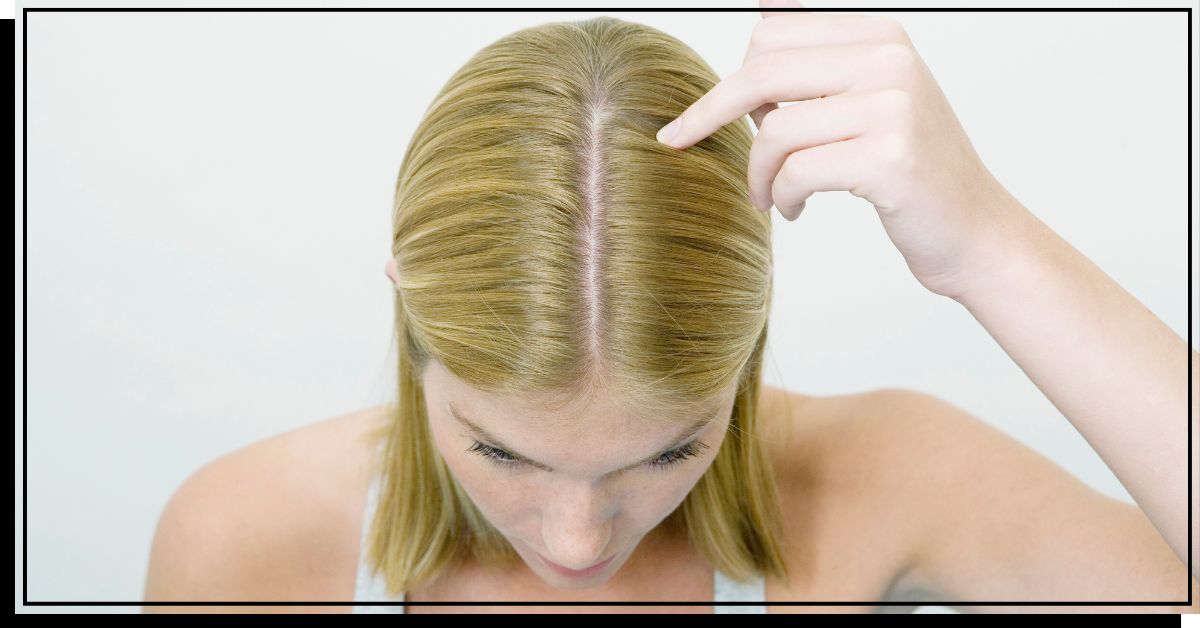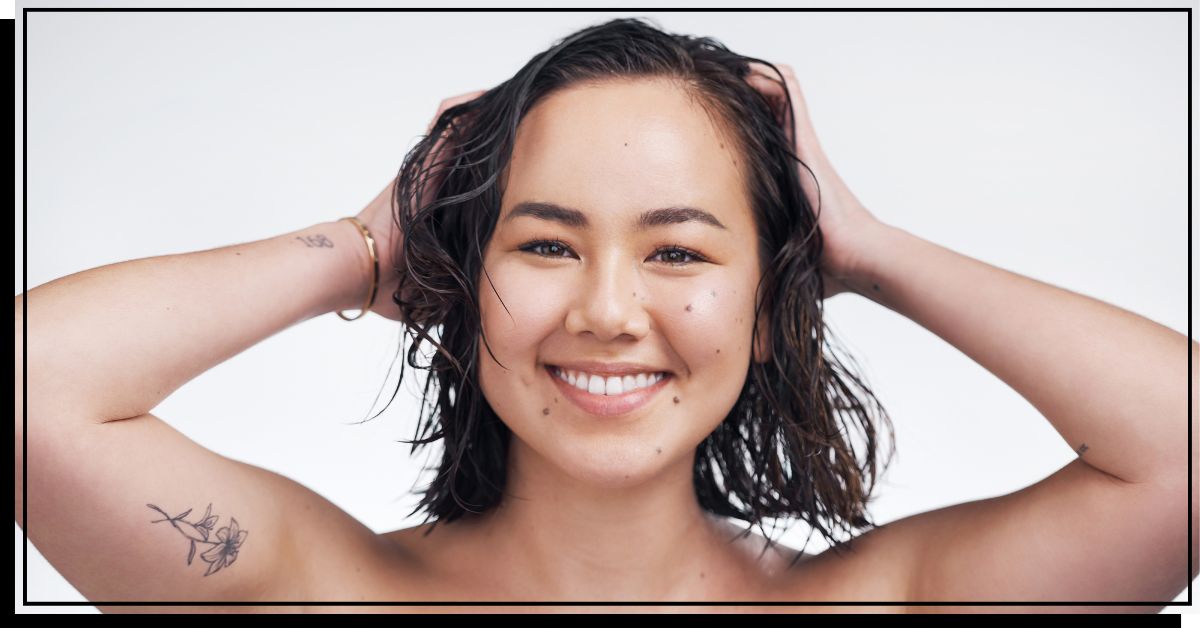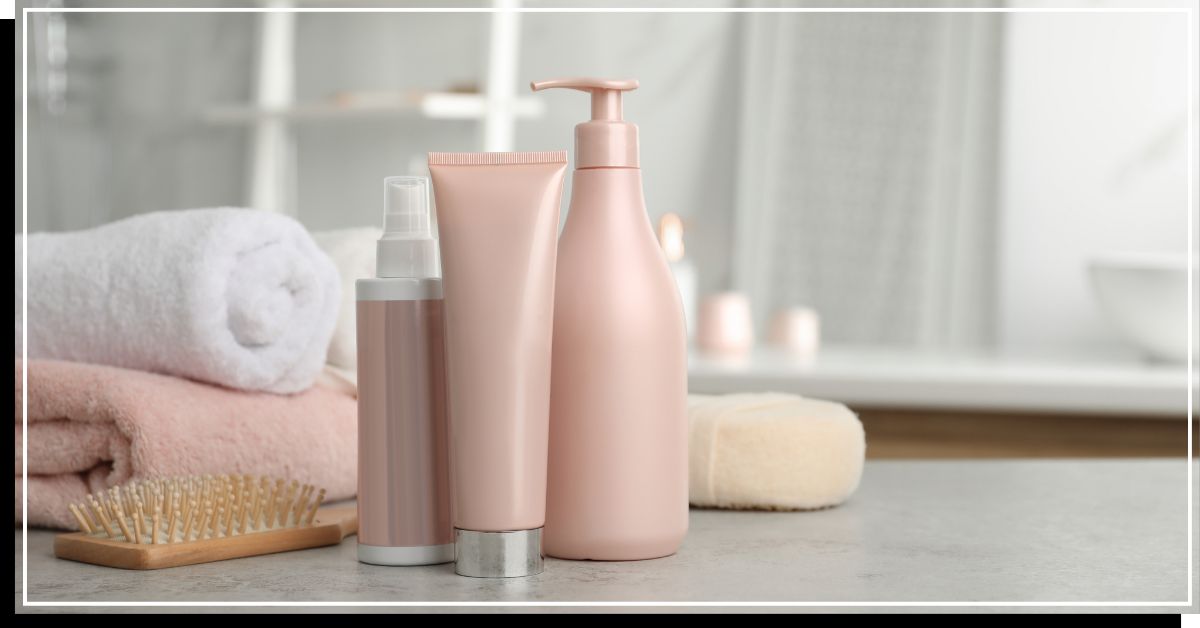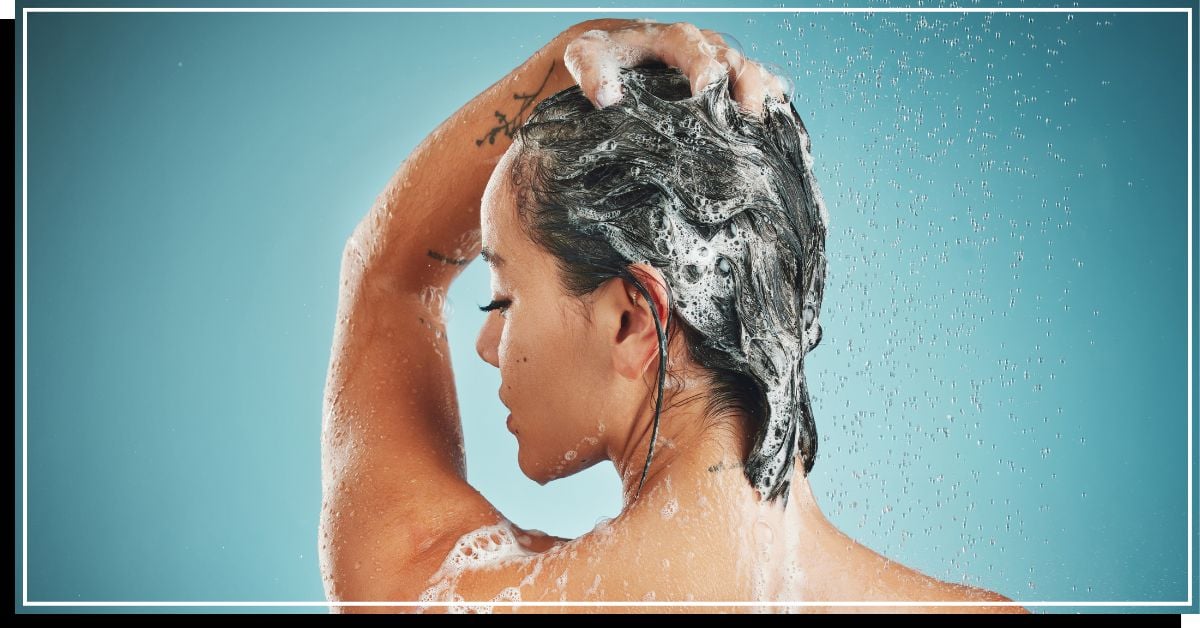Reader Question:
“Hi Cindy,
So I just went for the big chop and I’m loving my short hair! Quick question, though… how often should I be washing it? My hair’s pretty normal, not too oily or dry, and I use a bit of styling product most days. Any tips for keeping it looking great?”
Hillary Ash
Charlotte, NC
Hi Hillary, Congrats on making the big chop! So, washing your short hair can be a delicate balance, as the frequency of washing can have a significant impact on the health and appearance of your locks. Striking the right balance between cleanliness and over-washing is essential for maintaining the natural oils and avoiding dry, damaged hair. Here, I’ll break down the optimal hair-washing routine for short hair and the factors that can influence how often you should cleanse your tresses.
The average person with short hair should wash it every 2-3 days.
However, several factors come into play when determining the appropriate washing frequency for your short hair, such as your hair type, scalp condition, and lifestyle. For example, if your hair is curly or thick, it’s generally recommended that you shampoo just once or twice a week since oil from your scalp takes longer to travel down the length of your hair. On the other hand, those with oily hair or who use hair care products daily may need to wash their hair every 1-2 days.
Ultimately, the best approach to washing your short hair is to observe its natural tendencies and adjust your routine accordingly. By paying attention to your hair’s behavior and its response to different washing frequencies, you can find the perfect balance that leaves your hair looking and feeling its best.
Factors Influencing Hair Washing Frequency
Scalp and Hair Condition
Your scalp and hair condition plays a crucial role in determining how often you should wash your short hair. If you have an oily scalp or tend to use hair care products daily, it’s a good idea to wash your hair once every 1-2 days. But, if you have dry hair or a dry scalp, you can wash your hair less frequently, perhaps every 3-4 days. Overfishing may strip your hair of its natural oils, causing dryness and potentially leading to dandruff or other scalp issues. On the other hand, under-washing may cause your scalp to feel greasy and might not remove sweat, product buildup, or other impurities. Do you know if you should wash your hair before a haircut?
Activity Level
Your activity level is another significant factor to consider when establishing a short hair-washing routine. If you work out daily or engage in regular physical activity that causes you to sweat, washing your hair more frequently can help keep your scalp clean and free of excess moisture. On the flip side, if you lead a more sedentary lifestyle or don’t sweat much, you can likely wash your hair less often without any issues.
External Factors
External factors like climate, pollution, and exposure to harsh chemicals or hair care products can affect how often you should wash your short hair. For example, if you live in a humid environment or an area with high pollution levels, you may need to wash your hair more often to remove dirt, pollutants, and excess moisture. Also, if you’ve recently had a hair treatment such as color or perm, it’s essential to follow your hairstylist’s recommendation on shampooing frequency to maintain the treatment’s effectiveness and avoid damaging your hair.
Personal Preference
Finding the right hair washing frequency comes down to personal preference and what works best for your specific hair type and lifestyle. You may need to experiment with different washing schedules to find the perfect balance between cleansing and maintaining your hair’s health. Regularly using conditioner will help keep your hair moisturized while incorporating dry shampoo into your routine can extend the time between washes and still keep your hair looking fresh. Just remember that dry shampoos need to be completely removed from the scalp to avoid build-up. Additionally, choosing the right shampoo and hair care products for your hair type can make a significant difference in maintaining your hair’s health and overall appearance.
Understanding Sebum and Scalp Oil Production

Sebum is a natural, waxy oil produced by sebaceous glands in your hair follicles, which helps to keep your scalp and hair moisturized and protected from infection. It is a complex mixture of fatty acids, sugars, waxes, and other natural chemicals that form a protective barrier against water. Maintaining the right balance of sebum production is essential for maintaining a healthy scalp and hair.
In some cases, your sebaceous glands may produce too much sebum, leading to an oily scalp and possibly hair loss. On the other hand, if your glands produce too little sebum, it can cause your scalp to become dry and irritated. Understanding how often to wash your short hair largely depends on your sebum production levels, as well as other factors such as your hair texture and scalp condition.
Since the amount of sebum produced on the scalp varies from person to person, there is no one-size-fits-all answer for how often you should wash your short hair. Most people tend to wash their hair every other day or every two to three days, depending on their individual needs.
When washing your short hair, it’s crucial to choose the right shampoo and conditioner that cater to your specific hair type and sebum production. If you have a dry scalp, you may benefit from using a moisturizing shampoo and conditioner to help replenish lost moisture.
Related: Benefits of jojoba oil and coconut oil for your hair.
How Often to Wash Various Hair Types and Lengths

In this section, we will discuss how often to wash short hair based on various hair types. Understanding your hair type will help you determine the ideal frequency for washing your hair. Let’s explore these different short hair types:
Short and Fine Hair
If you have short, fine hair, it may easily become weighed down by too much oil. To maintain freshness and keep your hair looking its best, consider washing your hair every day or every other day. Frequent washing can help remove excess oil and prevent your hair from looking flat or greasy.
Short and Thick Hair
Short, thick hair may not require as much washing as fine hair, as sebum doesn’t spread as easily on it. Washing your hair every 2 to 3 days should be enough to maintain a clean and healthy appearance. Be sure to choose a shampoo that is designed for thicker hair, as this can help address any specific concerns related to your hair type.
Short and Curly Hair
Curly hair is typically dryer than straight hair, as natural oils don’t travel down the hair shaft as easily. To avoid stripping your curls of their natural moisture, it’s best to wash your short, curly hair only every 3 to 4 days. Use a sulfate-free shampoo or try co-washing (washing with conditioner) to help maintain your curl’s natural moisture and shape.
Short and Coily Hair
Coily hair is the most delicate of hair types, making it more prone to breakage and dryness. To preserve the health and moisture of your short, coily hair, it’s recommended to wash no more than once a week. You might want to opt for co-washing or using a gentle, sulfate-free shampoo that won’t strip your hair of its natural oils.
Proper Washing Techniques and Hair Care Products

Selecting the Right Shampoo and Conditioner
To maintain healthy short hair, you need to choose the right shampoo and conditioner based on your scalp type. Pay close attention to the labels on products before purchasing. If you have a dry scalp, opt for a moisturizing shampoo and conditioner. An oily scalp may require a shampoo formulated to control oil production, while a sensitive or itchy scalp could benefit from a gentle, fragrance-free product. In case of dandruff, consider using a medicated shampoo containing zinc pyrithione to address the issue effectively.
Using Dry Shampoo
Dry shampoo can be a game-changer for those with short hair. It absorbs excess oil from the scalp and hair, ensuring your locks stay fresh between washes. If you’ve had a sweaty workout or find your hair getting greasy throughout the day, a quick spritz of dry shampoo can provide temporary relief without the need for a full wash. However, make sure to use dry shampoo sparingly, as overuse can lead to product buildup and potential scalp issues.
Related: Best dry shampoos for color-treated hair.
Addressing Scalp Issues
Sometimes, despite using the right shampoo and conditioner, you may still experience scalp issues like dryness, itchiness, or dandruff. In these situations, it could be helpful to integrate some targeted treatments:
- Medicated shampoo: If you’re dealing with dandruff, a medicated shampoo containing zinc pyrithione can help address the problem.
- Leave-in treatments: Products designed to soothe and moisturize the scalp can be beneficial for those experiencing dryness and itchiness.
- Limiting styling products: If you use a lot of styling products, try to reduce your usage, as they can lead to product buildup and irritation.
Remember, always consult a dermatologist, professional hairstylist, or a Trichologist for personalized advice based on your specific hair and scalp conditions. By following these tips and choosing the appropriate hair care products, you can better manage your short hair and maintain a healthy scalp.

